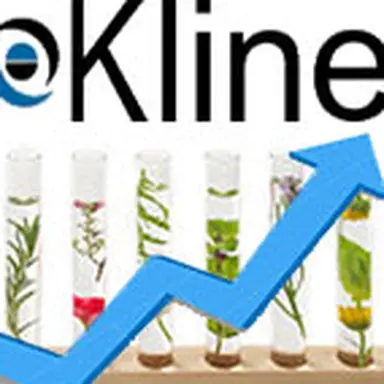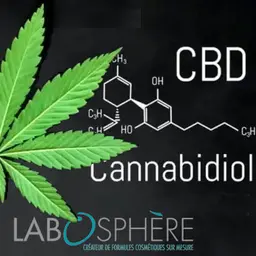
The time when biofunctional active ingredients were only used in high-end products is a thing of the past. Now it is a key cosmetic component for the majority of manufacturers, with an estimated market size in Brazil, China, Europe, and the United States at about USD 1.1 billion. Even though the market has grown significantly over the last decade, it is still a highly desirable segment with an expected compound annual growth rate (CAGR) of over 6% during 2016-2021, according to Kline. While the market’s overall growth is evident, it is important to understand the actual game-changing forces that help the industry grow.
1. Anti-pollution protection claims
New extraction technologies and claims, such as anti-pollution, blue light pollution, and infrared pollution, are among the recent technological advancements that will drive the market. Originating in Asia, the anti-pollution trend is now moving to Europe and the United States and is expected to be the industry’s focus in the coming years, particularly for biotechnology and botanical actives.
2. Natural trends
Driven by consumers’ preference towards more natural products, botanicals and biotechnology are now the fastest growing categories. “Biotechnology actives are derived from natural sources, using bioprocesses that make them more effective for skin and hair care applications,” explains Kunal Mahajan, the project’s manager. “Their high efficacy is a key market driver for biotechnology products. Furthermore, another advantage is that these products can be customized according to the customer’s requirements.”
3. New product technologies
While consumers more often switch to natural or naturally-derived products, simultaneously, their expectations from products’ efficiency continue to rise, especially in the anti-aging segment, which accounts for 55% of the total market. To meet the demand, manufacturers develop advanced product technologies, such as probiotics, and the encapsulation of different ingredients, which help combine non-compatible ingredients, making it easy to formulate and increase …













